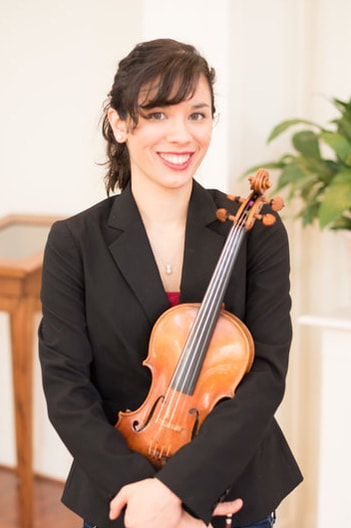Go to concerts. It's important to go to as many concerts as you possibly can. I understand that in a recession, concert tickets for your family might be out of the budget. However, depending on where you live, free concerts might be more available than you think! If you live in my hometown, Washington DC, there is free music everywhere. Here are some DC related links for free music:
The Kennedy Center Millennium Stage: http://www.kennedy-center.org/programs/millennium/
The Army Strings and the Marine Chamber Orchestra:http://www.usarmyband.com/event-calendar.html
http://www.marineband.usmc.mil/downloads/season_brochure_2012.pdf
The National Gallery of Art:http://www.nga.gov/programs/music/
Other tips for finding free classical music: check into the music programs at your local universities. Student recitals are generally always free, as are student chamber music concerts. You could also look for Classical Revolution events (go here to find your local chapter: http://classicalrevolution.org/index.php?page_id=chapters)Aside from concerts, the next best thing you can do is to listen to as much classical music as you can. The public library can generally be counted on to have a collection of cds, and thanks to YouTube and programs like Spotify, finding free classical music on the internet has never been easier. Tune your car radio to classical music so that your kids are constantly exposed to it when you're on the go. Even if they're doing homework, you can put a cd on in the background. In addition to recordings of music, you can also find great children's programs and educational recordings on the lives of the composers. Some of my favorites are the Classical Kids collection, which can be found here: http://www.amazon.com/quot-Classical-Kids-CD/lm/1CNTUYUIW3C1T
These programs use engaging stories to tell the lives of the composers and introduce young listeners to their music. I admit, they're still fun for me to listen to as a grad student!
Watch music-related movies. On the Hollywood side, movies such as Music of the Heart and Mr. Holland's Opus are wonderful choices for your family movie nights. You can also find engaging documentaries such as The Art of the Violin and From Mao to Mozart to watch. Additionally, a number of major artists such as Gil Shaham, Itzhak Perlman, and Anne Sophie-Mutter have released dvds of performances. This is a great way to bring concerts into your home for no more than the cost of a dvd.

 RSS Feed
RSS Feed